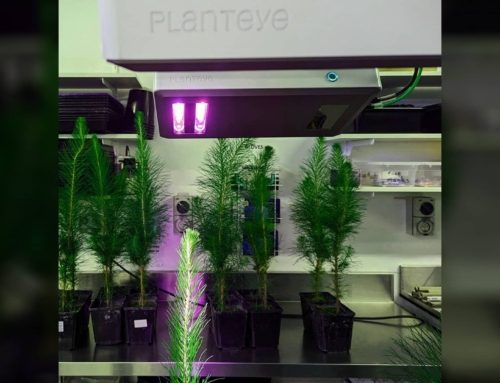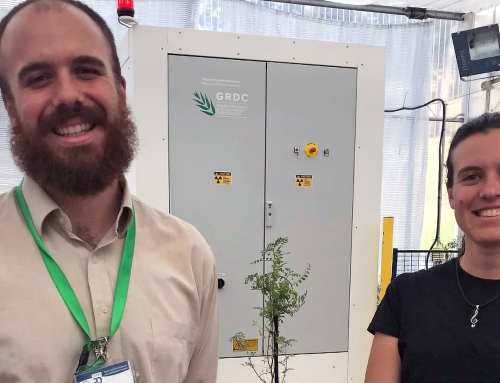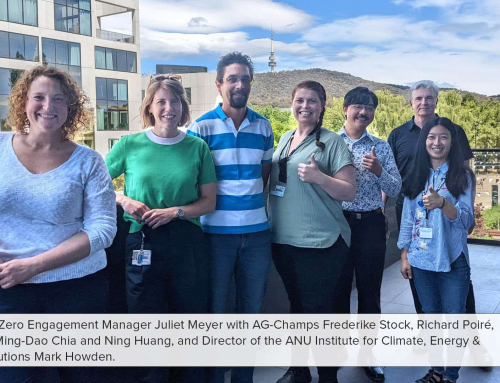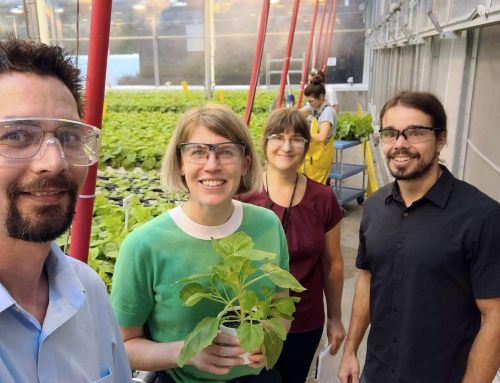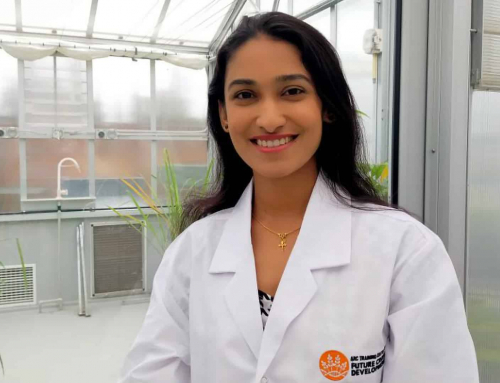Can you share with us in the simplest terms what your research is about?
The aim of my research is to explore some of the great genetic diversity of the Australian endemic rice species to elucidate new mechanisms of salt tolerance.
What inspires you to do the work in this field and what do you love about it?
As far back as I can remember, I have had a passion for agriculture. My father worked in the field and I always loved visiting farmers and seeing different crops and growth techniques. The reason I chose to focus on plant genetics is because I believe that we, as agricultural scientists, can really make a difference in a world where the population is growing fast and staple food is not readily available to everyone.
What has been the highlight of your studies so far?
There have been so many highlights, however, the one that stands out is a trip to the International Rice Research Institute in the Philippines. There, I learned advanced techniques from the world’s rice research experts on how to address my research questions and was able to get hands-on experience in crossing rice plants.
Where did you undertake your undergraduate degree and why did you choose to undertake your PhD here?
I’m originally from Israel. I did my Bachelor and Master’s degree at the Hebrew University of Jerusalem. I chose to come to Australia because I got the opportunity to take part in a highly important research project, the findings of which could have a major impact to third-world countries. And, of course, for the great waves!
You received a Postgraduate Internship Award from the Australian Plant Phenomics Facility (APPF). How has this impacted your research and what advice would you give to other students looking for similar opportunities?
Receiving this scholarship has allowed me to access one of the country’s state-of- the-art imaging phenotyping facilities to get a deeper understanding of salinity tolerance mechanisms in the Australian wild germplasm, which has resulted in a published manuscript in the Rice journal. The use of the plant phenotyping technology at the APPF has laid the foundations for the next stages of this exciting and important project which will one day help farmers grow rice in saline areas. I highly recommend perusing any opportunity to engage with other research groups or facilities for a multidisciplinary research project.
Follow Yoav on Twitter and LinkedIn
Conversation with Yoav kindly shared by The University of Sydney, School of Life and Environmental Sciences.




